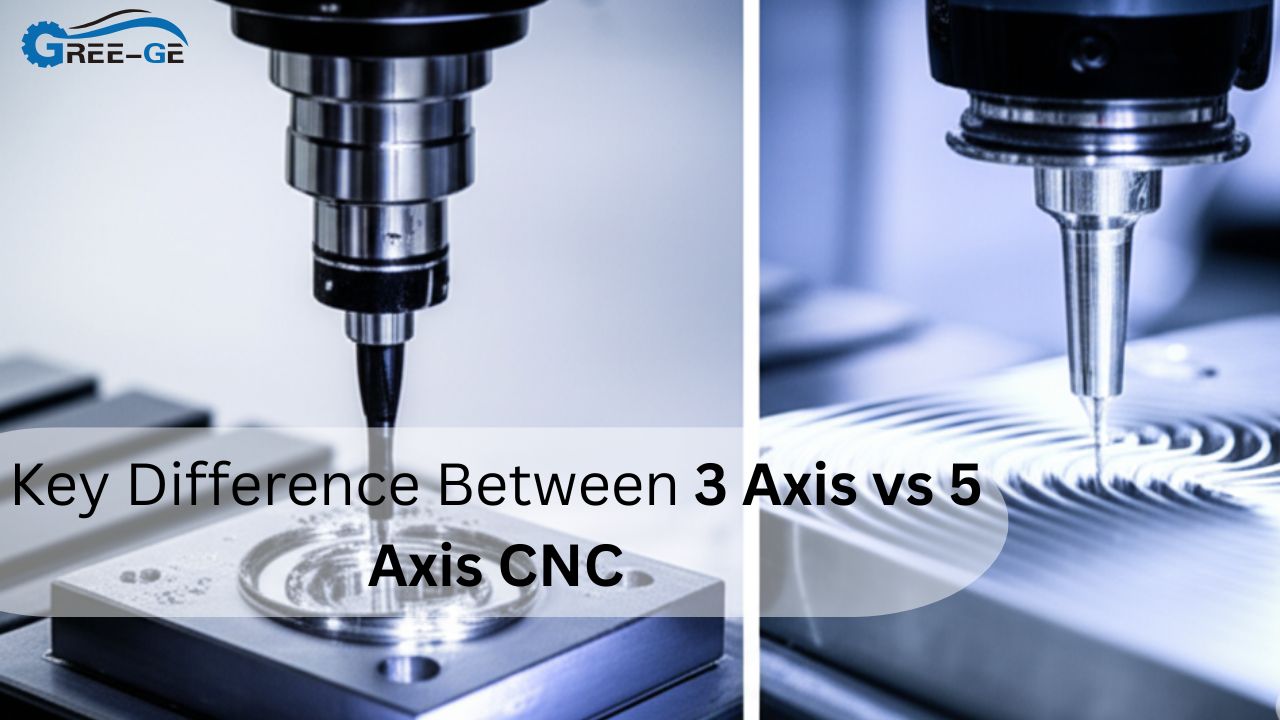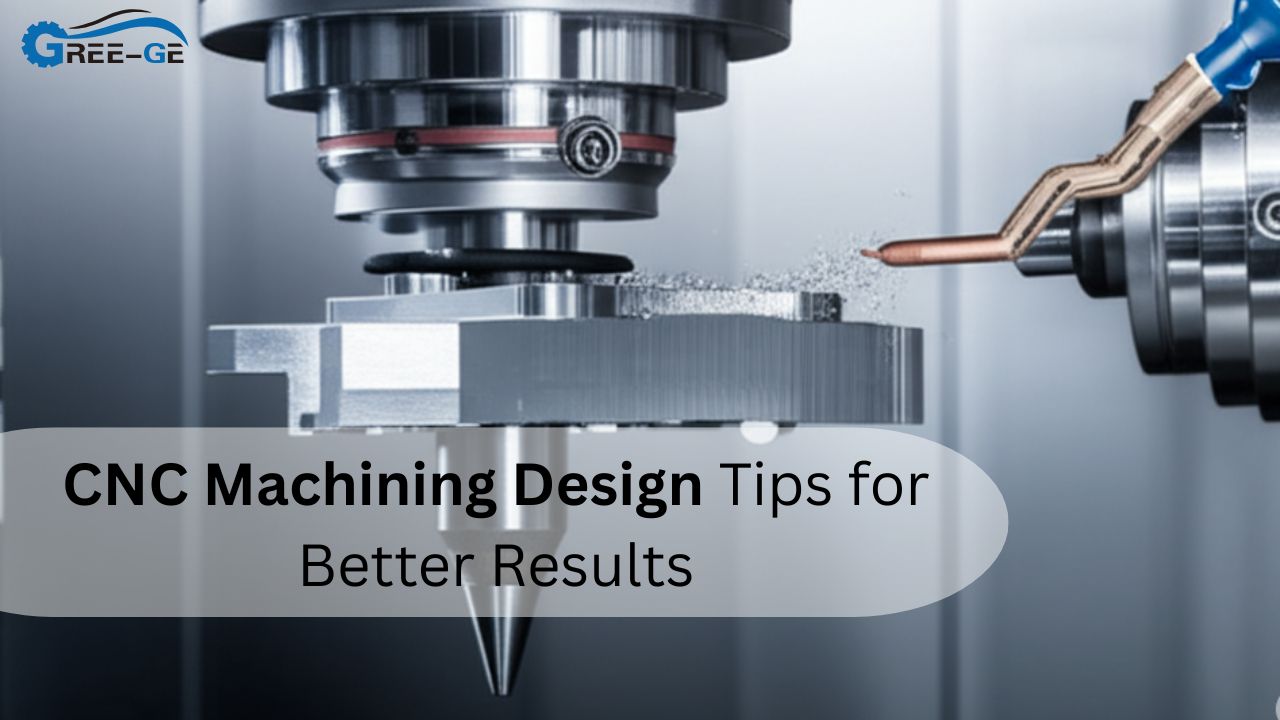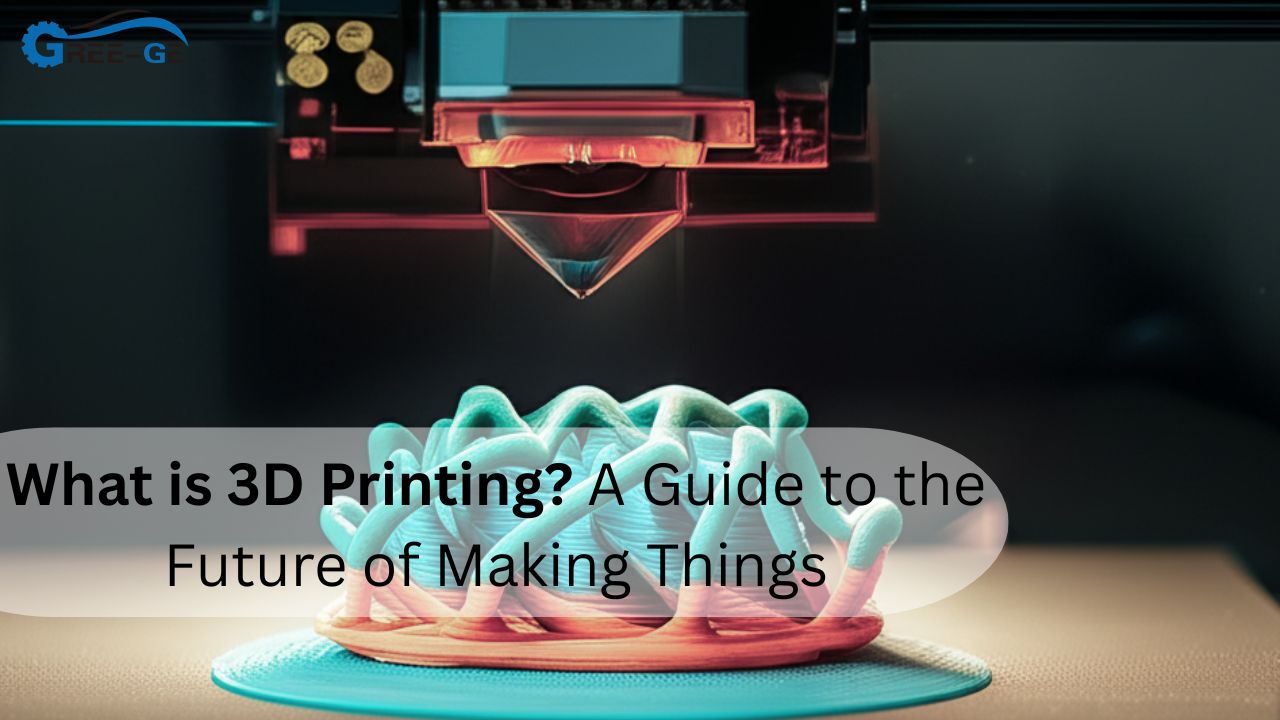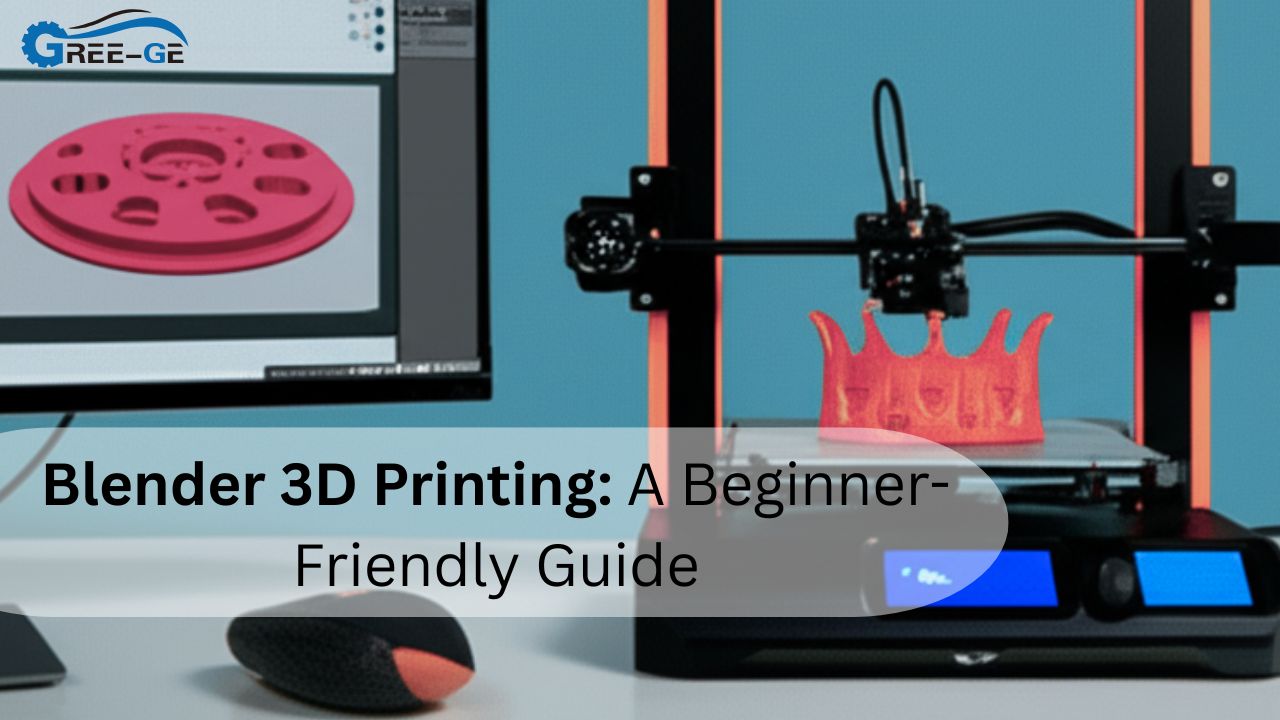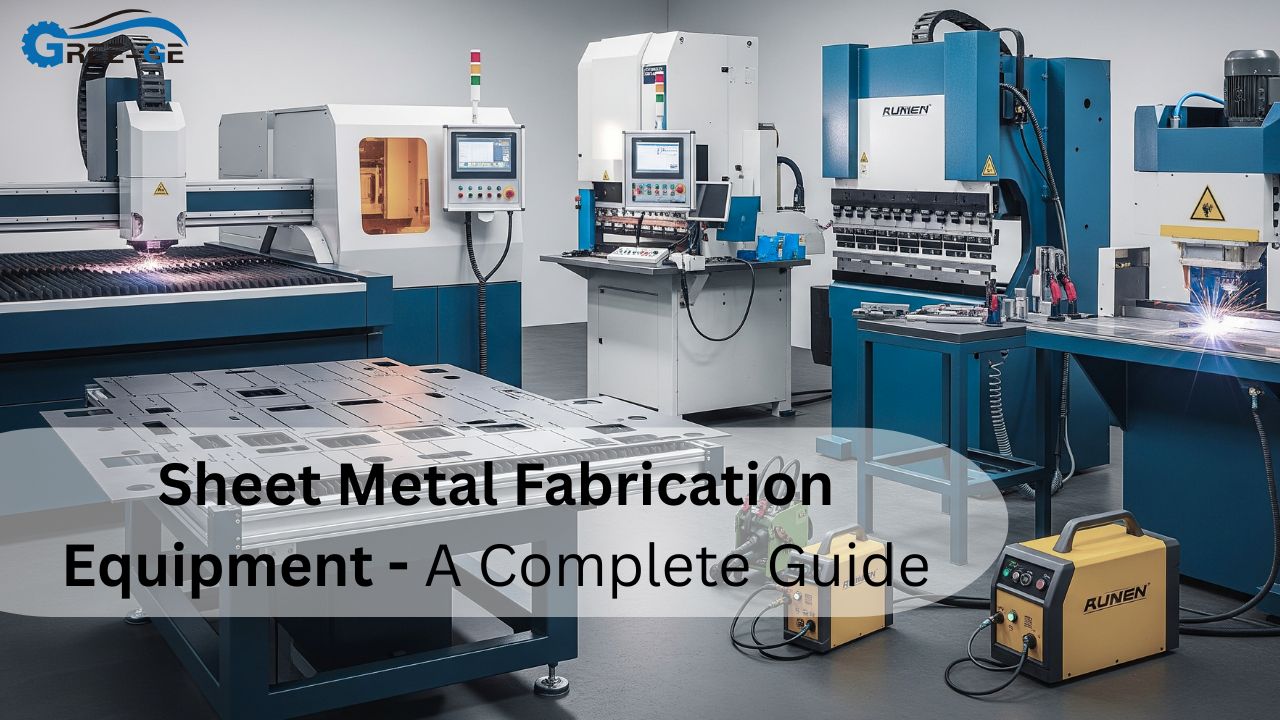Introduction:
In the car industry, precision and quality are crucial. CNC machining is important for making top-notch parts that exceed quality standards.
Gree-ge has ISO9001 and IATF16949 certifications. They make engine parts, brake system parts, and body structure components.
This article discusses the use of CNC machining in making CNC auto parts. It covers the materials, machines, and future trends in the automotive CNC machining industry.
Gree-ge provides high-quality CNC machining for engine parts, brake system components, and body structure parts. They adhere to the highest global standards for excellence.
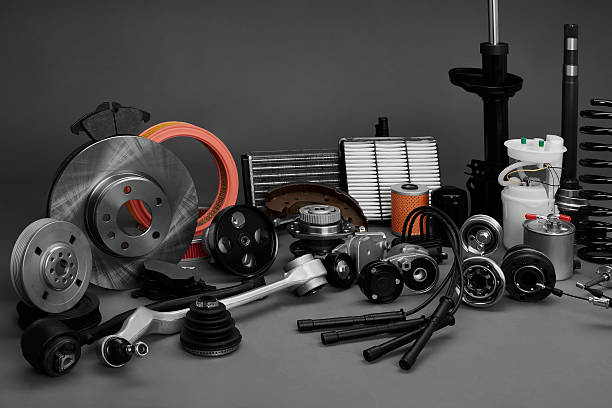
1. Engine Components:
Materials:
- Aluminum alloys for engine blocks
- Steel alloys for crankshafts and camshafts
- Titanium alloys for valves
- Cast iron for cylinder liners
Machinery:
- CNC turning machines for crankshafts and camshafts
- CNC milling machines for engine blocks
- High-precision machining centers for intricate components
- Multi-axis CNC machines for complex geometries
2. Brake System Parts:
Materials:
- Carbon composites for brake discs
- Cast iron or aluminum alloys for brake calipers
- Steel alloys for brake pads
- Stainless steel for brake lines
Machinery:
- CNC machining centers for brake disc production
- CNC milling machines for caliper manufacturing
- Precision CNC grinding machines for brake pads
- Multi-axis CNC machining for intricate brake system components
3. Body Structure Components:
Materials:
- High-strength steel alloys for chassis frames
- Aluminum alloys for body panels
- Composite materials for structural reinforcement
- Advanced plastics for interior components
Machinery:
- CNC punching and bending machines for sheet metal forming
- CNC routers for intricate body panel designs
- Laser cutting machines for precision cutting of structural components
- High-speed CNC milling machines for complex interior parts
4. Future Trends in Automotive CNC Machining:
The automotive industry is witnessing several trends in CNC machining that are shaping its future:
Advanced Materials: Continued integration of lightweight and high-strength materials, demanding more advanced CNC machining techniques.
Automation: Increased use of robotics and automation for higher efficiency and reduced production times.
Digitalization: Integration of Industry 4.0 technologies for smart manufacturing and data-driven decision-making.
Additive Manufacturing: Adoption of 3D printing for rapid prototyping and production of certain components.
Conclusion:
CNC machining revolutionized the manufacturing of auto parts, ensuring precision, efficiency, and meeting high quality standards. Gree-ge‘s ISO9001 and IATF16949 certifications underscore its commitment to excellence.
The car industry will experience advancements in CNC machining in the future. New materials, automation, digitalization, and the use of additive manufacturing will drive these advancements. The journey towards precision and perfection in automotive components continues to evolve, setting new standards for the industry.


